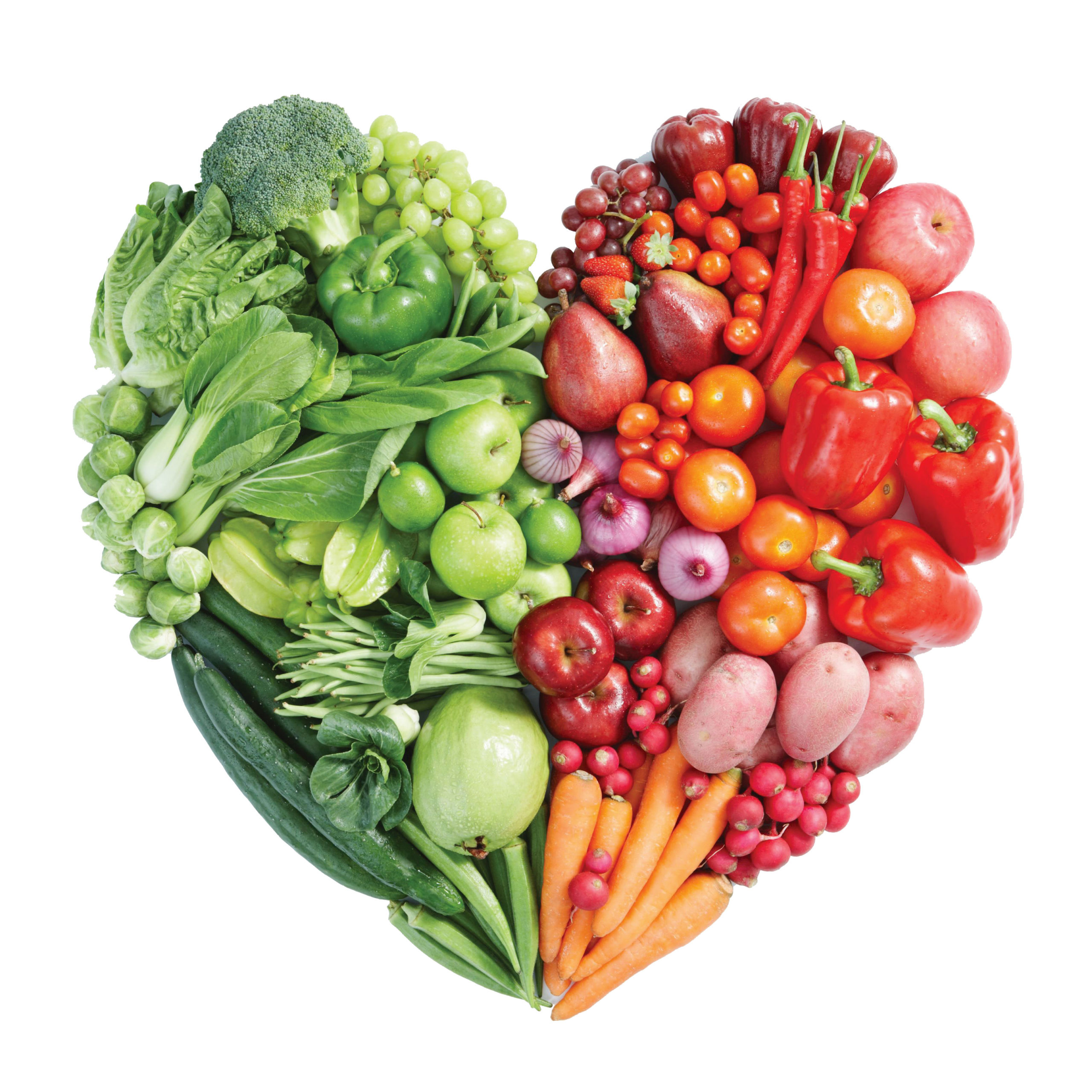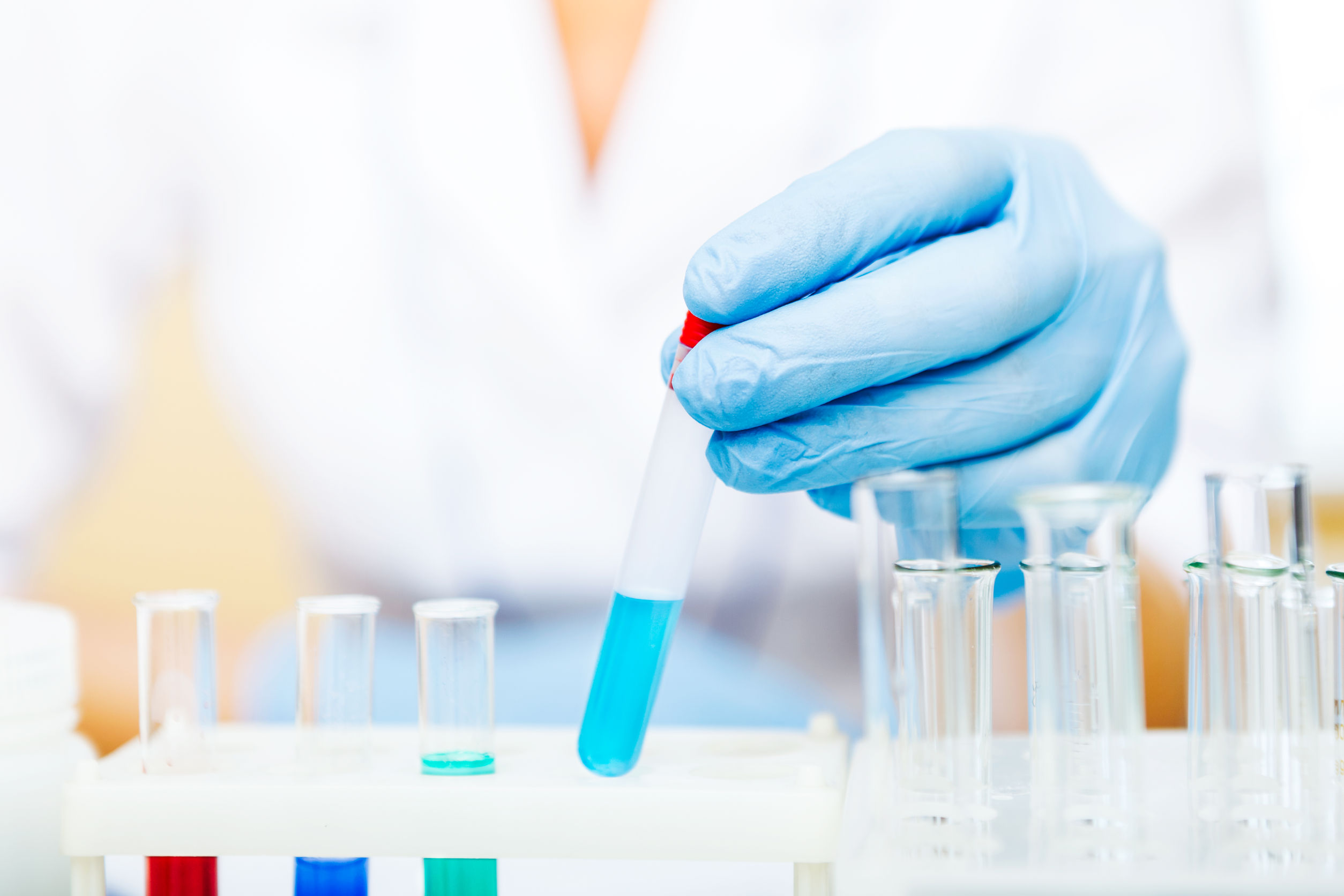Your Plan of Action – the natural approach
Look for the underlying cause of hormonal imbalances such as stress, nutrient deficiencies, thyroid conditions
Eat a well-balanced diet including nuts and seeds daily
A good B complex may be useful along with magnesium
Herbs may be particularly useful in reducing PMS – Do not take herbs without supervision
Best Test options: Hormonal analysis
PMS (pre-menstrual syndrome) is a term used to describe any symptoms which occur any time after ovulation and disappear almost as soon as the period arrives. So the crucial point is not what symptoms you experience but when.
What are the symptoms of PMS?
This is where a lot of confusion has arisen because over 150 symptoms can be classed as PMS. These can include:
| Mood swings | Irritability |
| Anxiety and tension | Bloating |
| Breast tenderness and swelling | Water retention |
| Acne | Tiredness |
| Weight gain | Headaches/migraines |
| Crying Spells | Depression |
| Sugar and food cravings | Constipation |
| Dizziness |
Quite a list!
Personality changes associated with this time can be very severe with some women describe feeling like a different person pre-menstrually. Women say that they know they are feeling and thinking differently to the point of being irrational but they have no control over those changes. For some women at that time, the world seems completely negative, ‘everything seems black’, doom and gloom and they will often cry at the slightest thing without any real reason.
Types of PMS
In order to make classification of PMS easier, Dr. Guy Abraham in America, devised a system of categories for the different types of PMS symptoms. These fall into four categories
Type A – Anxiety
This category which is very common in up to 80% of women each cycle, includes those symptoms such as mood swings, irritability, anxiety and tension.
Type C – Cravings
This group includes cravings for sweets or chocolates, increased appetite, fatigue and headaches. Up to 60% of women can experience these kinds of symptoms leading up to the period.
Type H – Hyperhydration
Type H includes symptoms such as water retention, breast tenderness and enlargement, abdominal bloating and weight gain. Up to 40% of women can experience these changes.
Type D – Depression
Depression is the largest symptom in this group but it can also include confusion, forgetfulness, clumsiness, withdrawal, lack of co-ordination, crying spells, confusion. Only 5% of women experience these symptoms but these can be the most serious if the woman is verging on the point of being suicidal. Can Nutrition Help? PMS is caused when our hormone levels fall at the end of a cycle. This fall or change in hormones can be less severe if you support good hormonal balance through diet, supplements and herbs. In our experience, PMS in most cases can be greatly reduced with these supports. Balancing blood sugar is often the first step in hormonal balance and can be achieved by eating more regularly and opting for complex carbohydrates paired with protein and healthy fats. Avoiding foods high in sugar and achieving a healthy weight may be helpful.
A number of studies have shown the effectiveness of vitamin B6 on PMS. Vitamin B6 plays a vital part in synthesising certain brain chemicals (neurotransmitters) that control your mood and behaviour. Food sources of vitamin B6 include cauliflower, cabbage, peppers, bananas, squash, broccoli, asparagus, lentils, kidney beans, and nuts and seeds. It may be most beneficial to supplement with B6 or a B complex while you are trying to reduce the symptoms of PMS in the first instance though.
Vitamin E
This vitamin has been shown to be helpful for the breast symptoms associated with PMS and also for mood swings and irritability. Good food sources include salmon, avocado, sweet potato, almonds, sunflower seeds, olives and olive oil.
Magnesium
Magnesium is classed as ‘nature’s tranquilliser’ and so is vital in those aspects of the pre-menstrual symptoms which relate to anxiety, tension, etc.. Women with PMS have been found to have lower levels of red blood cell magnesium than women who don’t have symptoms and the supplementation of magnesium has been found to be extremely useful in alleviating many of the PMS symptoms and even more effective when taken with vitamin B6 at the same time.
A magnesium deficiency can cause blood vessels to go into spasms so if you suffer from menstrual migraines, magnesium can be useful in preventing these spasms. A good source of magnesium in the diet is nuts and seeds, but again, it might be useful to supplement. Up to 300mg of magnesium citrate is recommended. It can also be used on the skin which is a good way to absorb magnesium. It is available as lotions or sprays or you can have a relaxing Epsom salt bath.
Approximately 60% of patients tested in our clinic are deficient in magnesium. It is necessary to test the magnesium in your red cells (blood test) as a more accurate way of determining deficiency. Read our paper here on how and why to test magnesium and its important role in pregnancy.
Chromium
Chromium is needed for the metabolism of sugar and without it insulin is less effective in controlling blood sugar levels. It helps insulin take glucose into the cells. In PMS, where many of the symptoms are similar to symptoms of blood sugar imbalance, it is crucial that you have enough of this nutrient. Without enough chromium, glucose levels get higher because insulin’s action is blocked. Insulin brings down the level of glucose.
This ability of chromium to help with cravings is especially important if one of your main pre-menstrual symptoms involves appetite changes. Some women can find that they can eat a packet of biscuits or a box of chocolates a day in the lead-up to their periods, while they would not think of eating like that at any other time of the month.
Herbs
Agnus Castus (Vitex agnus castus) is the herb of choice for premenstrual symptoms (PMS). It has a balancing effect on the female hormones. A good double blind placebo controlled clinical trial in the British Medical Journal showed that agnus castus is an ‘effective and well tolerated treatment’ for PMS. Its effects have even been compared to an anti-depressant in the severe form of PMS termed premenstrual dysphoric disorder and there was no statistically significant difference between how well the drug worked versus the herb.
Herbal formulations of combined herbs that work synergistically can also be effective in hormonal balance. We work with herbalist and pharmacist Niamh Boden to support our patients.
Please note that herbs should not be used when taking hormonal medications, including fertility treatments or the oral contraceptive pill. Many other medications are also contraindicated. Use of herbs must be appropriately supervised.
Tests
A hormonal analysis (urine) can identify hormonal imbalances. We can look at hormones in the second half of your cycle or track the interplay between all the hormones throughout the cycle. This test will also look at whether stress is a big feature for you in hormonal health.
Do you want to know more about exactly what vitamins and minerals you need? Our Functional Nutritional Profile (blood) can help you to find out what you are deficient in so that you can restore yourself to balance.
Certain tests may be carried out by your GP. We can liaise with your doctor to provide nutritional support.
Where to start?
Start making improvements to your diet as you can. Take a good B complex to begin and consider magnesium. If you need further support or tailored advice, it would be helpful to request an appointment with one of our qualified team.



